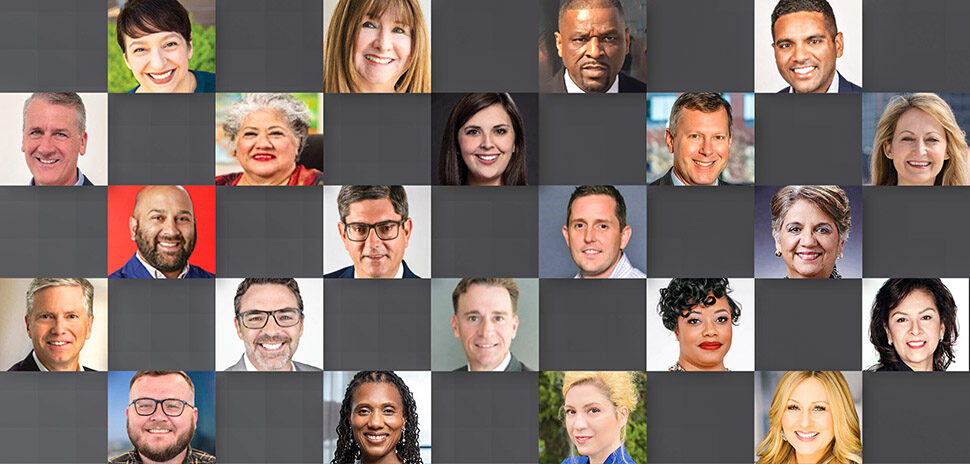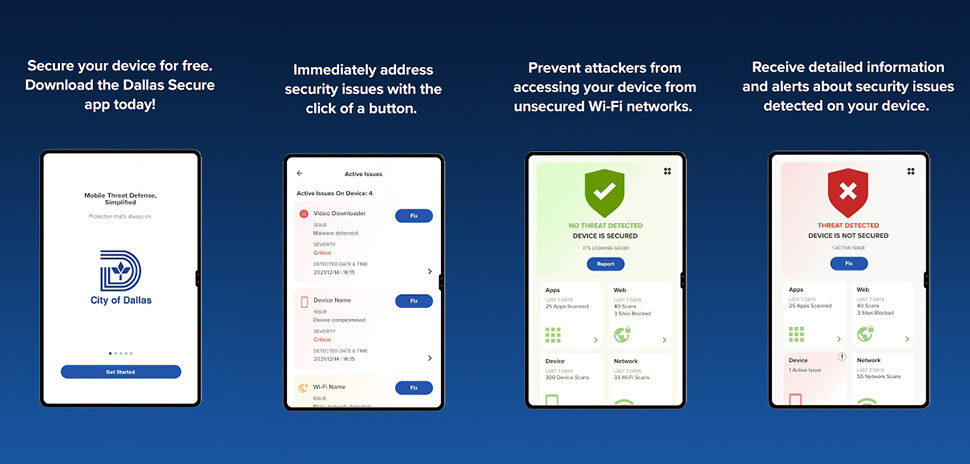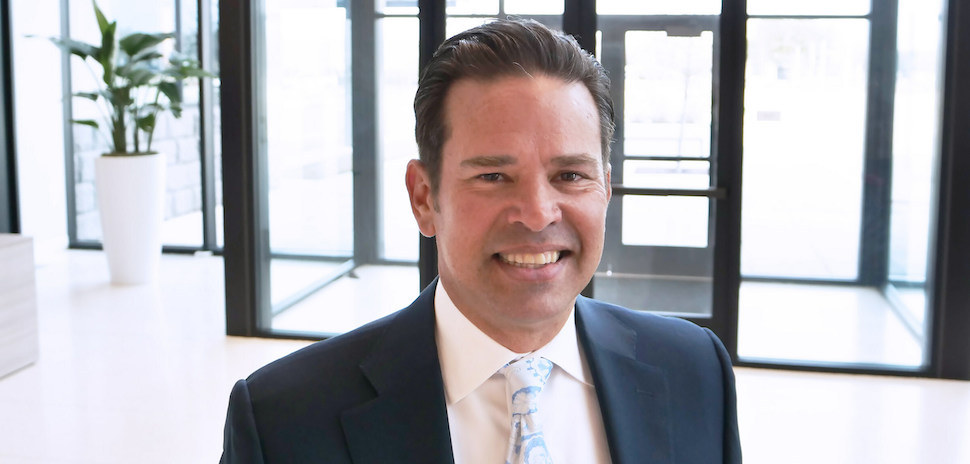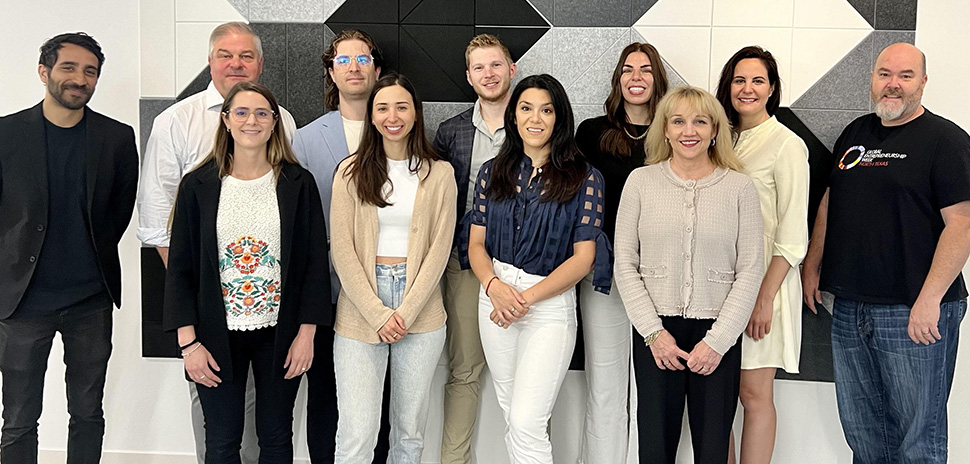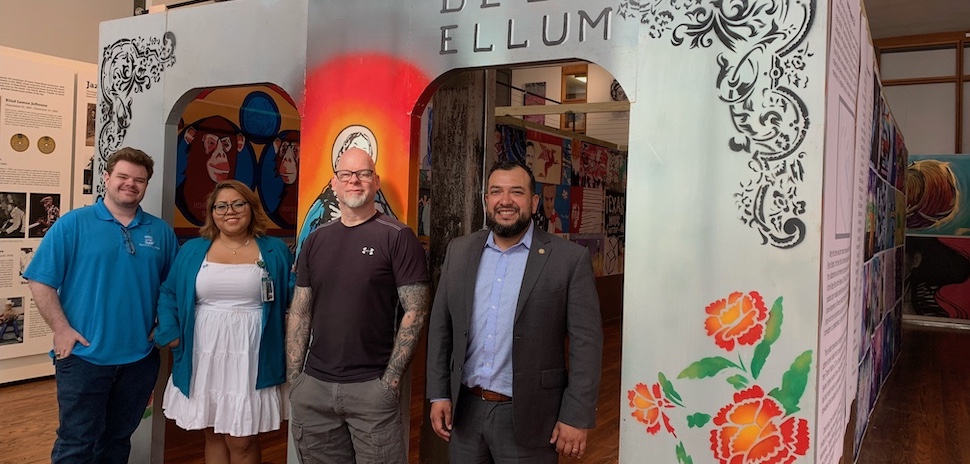As cities strive for equity, chief data officers wield their data-driven scalpel to expose and tackle systemic inequalities. But is the traditional approach of mapping socio-economic metrics missing the mark? That’s just one question posed at a recent meeting of Harvard’s Civic Analytics Network.
Brita Andercheck, chief data officer and director of the Office of Data Analytics and Business Intelligence for the City of Dallas, offered her perspectives. She joined CDOs from cities around the country that collect and visualize data to help identify and address systemic and long-standing inequities.
In the meeting, CDOs discussed the use of equity maps to illustrate issues like air pollution, educational attainment, and income inequality in cities. One CDO noted these maps often depict the same patterns of inequities in underserved communities, particularly those with higher concentrations of people of color, Data Smart reported. The group discussed the potential for CDOs to use data in more effective ways to address these inequities.
CDO as ‘data surgeon’
Andercheck was featured in a follow-up article in Data-Smart City Solutions, a project of the Bloomberg Center for Cities at Harvard University.
The Dallas data chief, along with Eva Pereira in LA, discussed how CDOs are working as “data surgeons” to analyze data on income and infrastructure to identify areas in need of additional assistance.
Here is Andercheck’s take on the topics:
Think small
“We can’t solve ‘equity’ as a concept, we can only solve an actual issue,” said Andercheck in the report. “Work with other departments, utilities, agencies, and have an equity overlay on each of the different things you’re doing.” That also brings people together, the CDO notes.
The CDO suggests using multiple variables when creating maps to identify and address specific issues in underserved communities. She recommends “measuring all the things you care about” and overlaying data on various factors, such as infrastructure, to pinpoint areas in need of additional assistance.
“The more you dig down into the geography, the more you’re going to see different things pop,” said Andercheck.
For example, she points to Dallas’ District 13, which has both a high concentration of wealth as the home to many billionaires as well as a high concentration of refugees. To identify specific problems in the area, her Dallas team used data on infrastructure and overlaid it with data on income and other measures of inequality. Acting as “data surgeons,” they were able to identify specific areas in need of additional assistance. The city already had data available, due to its interest in infrastructure equity, she noted.
Engage and verify data
High-quality data isn’t always readily available. Often employees often bring problems they have observed in the community to the CDO for assistance, according to Andercheck.
The Dallas team, which is larger than the one in LA, has a full-time employee dedicated to equity and data work. Anderson, who became director of the Office of Data Analytics and Business Intelligence in 2020, built the foundation of the DBI office as the assistant director of transportation for the city. Today, with a team of 25 skilled data and geospatial professionals at her side, Andercheck has created over 35 data products that provide critical support to the city, including a federally recognized equity-and-needs-based tool for priority improvement zones.
But her impact extends beyond the numbers. Andercheck notes the importance of having “positive, trusting relationships” with city departments and community organizations in order to gather good data. This can involve partnering with key local organizations, working with frontline government service providers, and even going directly to neighborhoods to connect with residents, according to the report.
Evaluate results—and let the data speak to you
Andercheck advises iterating in the development process and allowing the data to guide the team’s analysis, by letting “the data speak to you; let the data group naturally, then go in and see what the data is saying.”
By looking at data sets from different angles, discrepancies and inequities may be revealed that would otherwise remain hidden. The CDO suggests asking questions like “What does it look like if someone can access this city service in under a day — who are the people who can get this easily?” Looking through a new lens can ensure that the data is thoroughly examined and multiple solutions or responses to the problem are considered.
Trust and preserve data
“Once you lose granularity, it’s lost,” Andercheck cautioned in the report. “Then you lose data for future research and assumptions are made on that broad data.”
Gathering detailed data often involves collaborating with the communities affected by the data—something that can be challenging if there is not a strong, established relationship of trust between the local government and the people being served.
Andercheck recommends using trusted community messengers and being transparent about the purpose of collecting specific information. Having a standard is important: She also expects that the final result of any data project should be a policy lever that can effectively bring about change, according to the report.
In the end, by sharing and mapping the data, reporting back to the communities, and implementing or updating policies, the city can demonstrate to residents that their participation in granular data collection is meaningful and helps improve services in their neighborhood and community.
A clear mission
Andercheck is leading a charge to create a data culture in Dallas that empowers everyone to speak, understand, and access data. According to the city, the CDO is an expert in advanced statistical modeling and predictive analytics, including structural equation modeling and multivariate regression analysis. Together with her team, they have more than “300 years of experience working with data.” Their mission is clear: To use data to improve the lives of the people of Dallas.
The article Maps, Stats, and Equity by Data-Smart City Solutions editor Betsy Gardner discusses efforts in cities across the nation to address systemic and long-standing inequities. Data-Smart’s Civic Analytics Network showcases how chief data officers like Andercheck are helping to address these issues.
![]()
Get on the list.
Dallas Innovates, every day.
Sign up to keep your eye on what’s new and next in Dallas-Fort Worth, every day.













